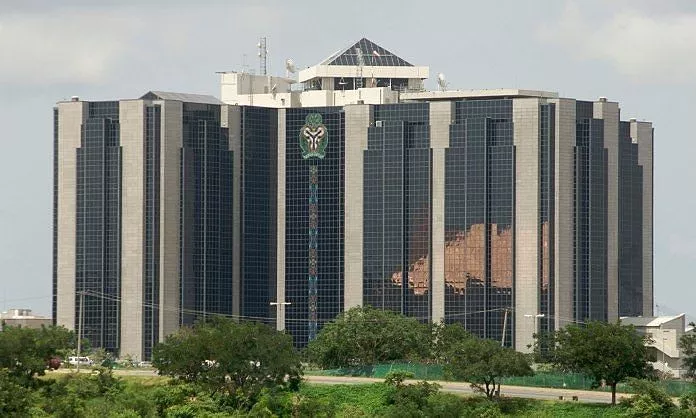In a bid to streamline the operations and ownership structure of Bureau De Change (BDCs) in Nigeria, the Central Bank of Nigeria (CBN) has issued new guidelines, excluding various entities from directly or indirectly owning BDCs.
Today, the CBN disclosed the exclusions in its updated Guidelines for the operations of BDCs in Nigeria, aimed at ensuring transparency and efficiency within the foreign exchange market.
According to the apex bank, a range of entities, including governments, commercial banks, merchant banks, Other Financial Institutions (OFIs), public officers, and more, are prohibited from participating in the ownership of BDCs, either directly or indirectly.
Section 2.0 of the guidelines explicitly states the prohibited entities, emphasizing that no person is permitted to engage in the business of BDC in Nigeria without prior authorization from the CBN.
The barred entities encompass a diverse array, including:
- Commercial, merchant, non-interest, and payment service banks
- OFIs, including holding companies and payment service providers
- Serving staff of financial services regulatory and supervisory agencies
- Serving staff of regulated financial services providers
- Governments at all levels and public officers as defined in the Constitution of the Federal Republic of Nigeria
- Non-Governmental organizations, cooperative societies, charitable organizations, academic and religious institutions
- Non-Nigerian non-resident natural persons, non-Nigerian resident natural persons, and non-resident non-regulated companies
- Telecommunication services providers
- Sanctioned individuals and entities
- Shareholders in other BDCs (whether directly or indirectly)
- Any other entity designated by the CBN from time to time
By enforcing these restrictions, the CBN aims to enhance oversight and regulation within the BDC sector, ensuring compliance with established guidelines and promoting stability in the foreign exchange market.
The issuance of these guidelines underscores the CBN’s commitment to fostering a conducive operating environment for BDCs while safeguarding against potential risks and abuses. As the regulatory landscape evolves, stakeholders are expected to adhere to these directives to uphold the integrity and effectiveness of the foreign exchange market in Nigeria.
